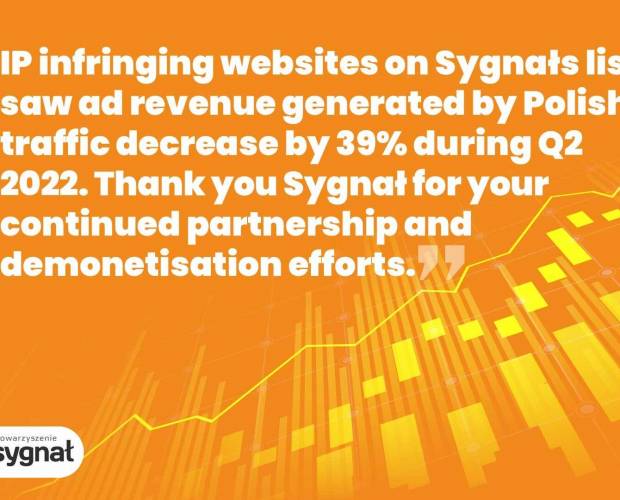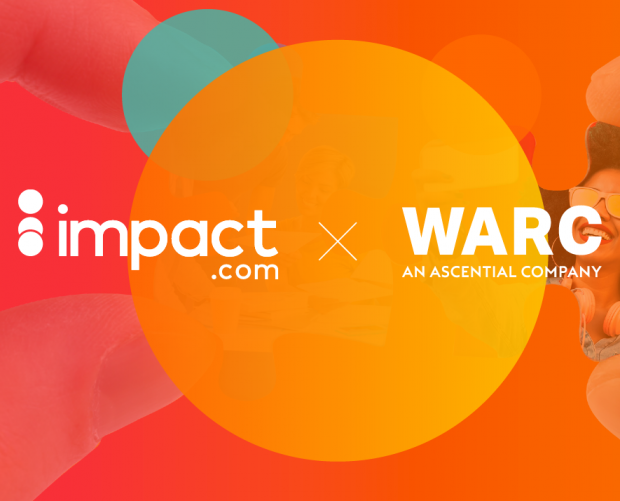Google delays phase-out of third-party cookies – industry response
Google's decision to delay the phase-out of third-party tracking cookies in its Chrome browser took the industry by surprise. Or did it? Read on to hear what those on the ad tech coal face made of the news…

Jonathan D'Souza-Rauto, Biddable Product Lead, Infectious Media
“There are a number of reasons why Google’s decision to delay the process of removing third-party cookies won’t surprise many in the digital media industry. It’s probably fair to say work on the alternative – Google’s Privacy Sandbox – hasn't moved as fast as expected and a lot of questions remain about certain aspects of it. In Europe, Privacy Sandbox with FLoC (Federated learning of Cohorts) in particular had challenges with GDPR, so there is no way Google would release a product that only works in certain markets. If they’d kept to their previous timeline to remove third-party cookies they would have needed to start acting on their promises to disconnect their Ads products from Chrome, which has slowly started. Google is also under acute regulatory and legal scrutiny right now. So in this context it probably makes sense to delay.
"My fear is that if the death of the cookie happens in slow motion, the sense of urgency amongst advertisers to rewrite the book on how they reach digital audiences might wane. We hope this news doesn't give agencies and advertisers the justification to keep old and bad habits."
Joanna Catalano, Chief Growth Officer, Piano
"While the natural inclination for publishers and brands might be to breathe a sigh of relief and say, ‘Oh good, now I don’t have to worry about this for a while,’ nothing could be further from the truth. The fundamental consumer and regulatory push toward more privacy and less tracking hasn’t changed a bit. Users want more control over their data and how it’s used, and regulators are committed to enforcing and expanding their protections.
"Publishers and brands can now use the delay to develop well-grounded strategies built on engaged, loyal users who are willing to share their identity and appropriate personal information. Identifying technology and strategic partners who understand and can help execute a multi-faceted strategy that works across anonymous and known users, direct and programmatic advertising will have immediate value. Brands should take this pause as an opportunity to develop less dependence on Google and its tight hold on search and digital advertising, which again, for publishers and brands means building direct user relationships, and diverse technology solutions for advertising and marketing."
Fred Whitton, Digital Partner, Total Media
“Google’s delay to cookie deprecation is mixed news for marketers and the industry. On the one hand it gives a reprieve to cookie-confused marketers and data solutions providers (adtech stock has already jumped), on the other it delays meaningful re-architecture of the open web to a more privacy-centred model, with the challenges to the FLoC approach in particular and an end to testing it’s current form in July. The link to the UK’s Competition and Markets Authority (CMA) investigations is notable, as is the need to ensure a level playing field in data control and ad supply. Overall this is another delay to the next chapter for digital media and it shouldn’t change brands need to continue to invest in building deeper relationships with their consumers.”
Tim Sleath, VP of Product Management, VDX.tv
“Given the state of readiness of the Privacy Sandbox initiatives, the regulatory and commercial doubts over FLoC and the position of the vast majority of publishers across the internet for such a meaningful change, there was already an expectation that the switchover date would need to be delayed until late 2022. It is a shame Google hadn’t worked through the bulk of the W3C process first to have an alternative before pulling the plug, but there are many reasons for that. Much of the advertising ecosystem is already adhering to the state of third-party cookieless, so it’s not a case of celebration or relaxation. It’s more a matter of continuing to use available cookie data signals to further allow marketers to hone other identity solutions, including householding – and if we're offered a further 18 months of runaway to do so, we won't say no.”
Richard Jalichandra, Global General Manager, Spiceworks Ziff Davis
“Of course Google was always going to delay their plan to remove cookies – they had to. There is no surprise here. The greater question was always ‘when would this be announced and how long would the delay be?’ Not delaying this would have exploded the antitrust conversation we are seeing around Google right now. And, when you look at the tens of thousands of publishers and eCommerce companies that would have been greatly impacted by this, the entire ecosystem would have unravelled if there wasn’t adequate time to make plans.”
Konrad Feldman, CEO and Co-founder. Quantcast
"Any CEOs or brand leaders breathing a sigh of relief at this news and getting ready to reassign people and resources to other projects should reconsider. Google may have called extra time on the third-party cookie, but brands, agencies, publishers, and technology companies should remain focused on finding a long-term alternative. This will avoid swapping a mad-dash in the second half of 2021 for a mad-dash in the first half of 2023. There are also already many parts of the open internet, including Safari and Firefox, that require alternatives to third-party cookies today. Post-cookie solutions have value now, regardless of the time extension. Quantcast remains focused on developing an innovative and interoperable alternative to third-party cookies based on sound industry standards.”
Todd Parsons, Chief Product Officer, Criteo
“Today’s announcement is welcome news for the people who rely on a vibrant and healthy open internet. We appreciate Google’s decision to create more time for the industry to prepare, but the extended deadline does not in any way change or impact Criteo’s strategy. We continue to build products that will enable our customers to reach and engage their audiences without third-party identifiers. This includes investment in our first-party media network, cohort-based targeting, initiatives in Google’s Privacy Sandbox, and contextual advertising, all of which allow marketers to effectively engage with their customers in a privacy-safe and consented manner.”
Kasper Skou, CEO and Co-founder, Semasio
“While this is good news for the industry as a whole, it should not deter us from moving beyond the third-party cookie as the main identifier for internet users. It is not a good vehicle for communicating with consumers, explaining the quid pro quo of data for content, facilitating that equitable exchange through collecting, storing and communicating informed consent through the value chain, and doing all of that with the user – not the device she is using right now – at the centre.
The elephant in the room is that 40 per cent of internet users are not identifiable via cookies today. We need to continue the great work which has already gone into the future of data-driven advertising, and we need to do it on a basis that makes the consumer an equal and informed partner in the ecosystem.”
Alexander Knudsen, VP, Solutions Engineering, Amobee
“Google's decision to delay the depreciation of third-party cookies is a responsible one. It's excellent news for both publishers and advertisers and this added runway will create a better environment to partner on scalable solutions that benefit all parties.”
Anne Hunter, VP of Product Marketing, DISQO
“Google may be giving marketers more time, but consumers aren't waiting – they want transparency and value in use of their data now. Leaving cookies in the oven longer will only burn them further. Cookies remain an imperfect measurement tool, and marketers should seek zero-party data sources to get a fully-permissioned and complete view of their consumers' journeys. Ultimately, over-reliance on cookies risks misalignment between a brand's purpose and their consumers' values.”
Raquel Rosenthal, CEO, Diligant
“While the digital advertising industry at large will sleep well tonight, I don’t expect advertisers will be standing by for long. The delay is just that, a delay – in large part to combat recent scrutiny over FLoC and to ensure industry stakeholders are well-prepared for the demise of cookies. In the next two years, advertisers will undoubtedly continue to get their fill of third-party cookies but we’ll also (finally) start to see momentum around testing and learning for cookieless alternatives to identity and measurement. Ultimately, we’re hoping that the culmination of this delay and recent iOS changes are new sets of advertising solutions and regulations that are beneficial to both industry players and consumers.”
Dmitri Lisitski, Co-Founder and CEO, Influ2
“Google has been trying to 'hack' cookies by introducing an alternative, an alternative that they're saying is less personal and more behavioural. However, the alternative that they introduced isn't really any different than cookies, and the loss of cookies will negatively impact them as well, since their primary source of revenue comes from advertising.
“There needs to be an alternative, or new solution, that is truly different from cookies, but for now, cookies is the best option – even if it isn't ideal. Because a non-targeted approach is worse, and it will worsen the quality of the advertising experience for both advertisers and consumers. So, ultimately, it is premature to do away with cookies, and the current decision is of benefit to all (but especially advertising platforms – even giants like Facebook). And, this will allow advertisers to survive a little while longer.”
Bruce Biegel, Senior Managing Partner, Winterberry Group
“We are thinking that this is a suspension to give the market (and Google) time to adjust. It will not solve the Apple challenges, and the news is of benefit to the existing ad tech data, identity and DSP ecosystem – but also, the market has to contend with new regulatory initiatives at the state level which will continue to push near term market transformation. There’s more to come on this.”







